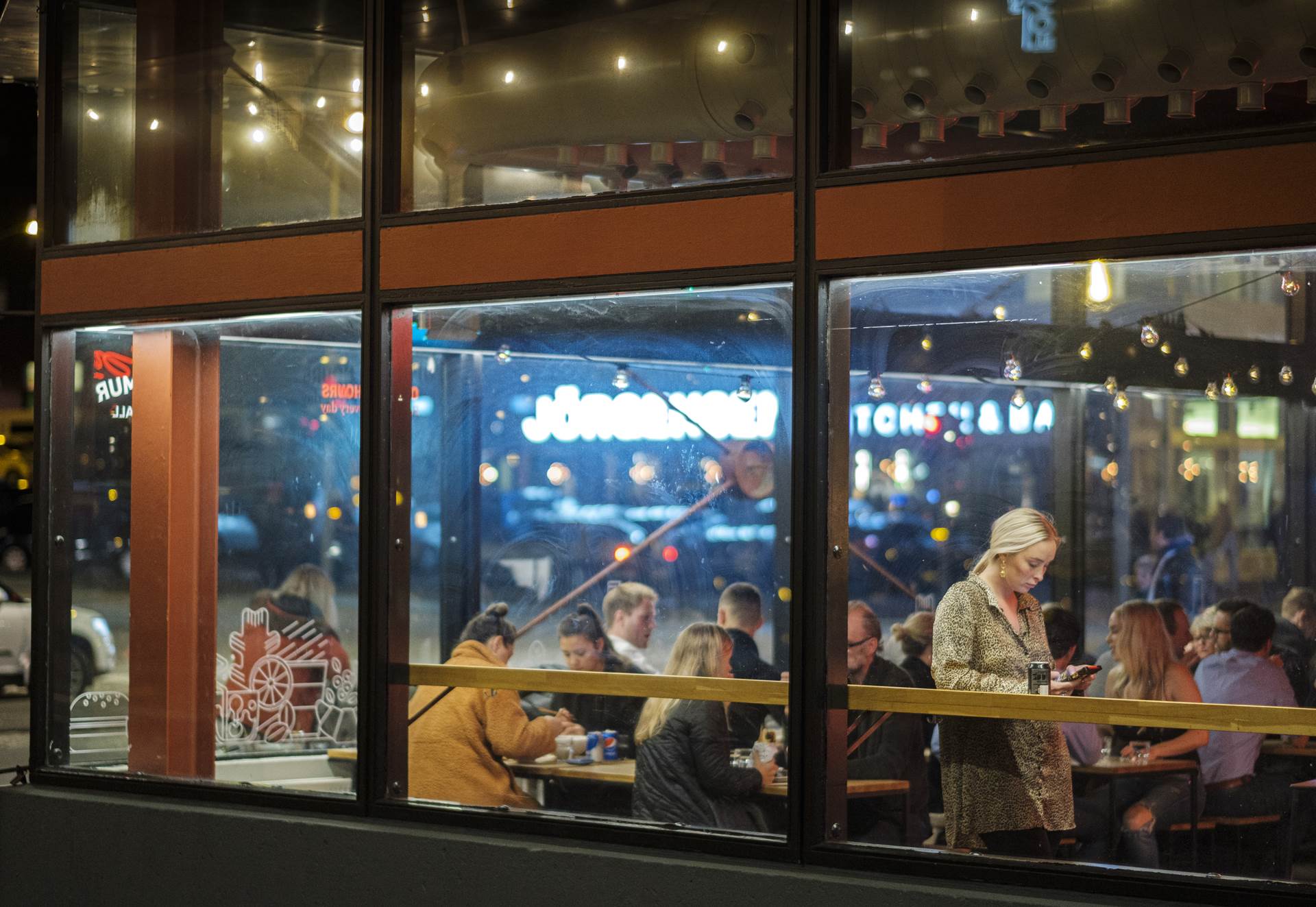Significant easing of domestic restrictions in Iceland to take effect tomorrow
- In-person attendance at sporting events is allowed again
- Limits on attendance at cultural events raised to 200
- Higher level education returning to normalcy
- Low threshold testing, contact tracing, quarantine of exposed individuals and isolation of all cases remain vital tools
The Government of Iceland announced today new loosening on COVID-19 measures. The general limit on gatherings will be raised from 20 to 50, with ongoing emphasis on distancing and other personal precautions.
The new rules will allow fans to attend sporting events and higher number of spectators to attend cultural events, where attendees are seated, face in the same direction, wear facemasks and the opportunities for mingling are reduced.
The maximum number of people allowed cultural, religious and sports settings, as well as shops will be 200. Bars and restaurants can stay open until 23:00, and capacity restrictions at public swimming pools and gyms have been loosened.
This is done considering the favourable epidemiological trend in the past few months. The current 14-day domestic incidence rate is 1.4 per 100 thousand inhabitants. Most domestic infections identified in the past few weeks have been due to old and inactive infections.
"We are in a gradual phase of easing restrictions and slowly but surely returning to normalcy. This good progress is the result of widespread public participation in our common quest to minimize the harmful effects of the pandemic on our society. The ongoing effort to protect the most vulnerable parts of our society will result in a changed evaluation of the risk posed to us by the pandemic. Until those effects materialize, we will maintain proper vigilance both domestically and at the border," says Katrín Jakobsdóttir, Prime Minister of Iceland.
Iceland's response to the pandemic has been based on the best available scientific knowledge. "We were among the first to start focused quarantine for passengers arriving from high-risk areas. Since then, our strategy of early detection, contact tracing, isolation and quarantine has been the cornerstone of our approach. The success of these efforts has made it unnecessary for us to impose complete lockdowns during the pandemic. We are still far from having a normal situation, but we are moving fast in the right direction," says Svandís Svavarsdóttir, Minister of Health.
Today also marks a significant milestone for schooling at the secondary level. While schooling has been close to normal for students under 16, some restrictions have been in place for secondary schools and tertiary education has mostly been moved online. As of tomorrow, a general limit of 150 people within confined areas will apply to higher level schooling, including universities. A one-meter distancing rule will apply in schools and masks will only be required where it is not possible to guarantee the distancing rule.
"Today marks a very joyous turning point for our schools. Teachers and students have shown great patience and perseverance during this past year. We hope that all of our hard work is now starting to pay off," says Lilja D. Alfredsdóttir, Minister of Education and Culture.
Currently 17 individuals are in isolation with an infection, 24 are in quarantine due to suspected exposure, one person is hospitalized with an active infection.
Since the beginning of the pandemic, every positive sample of the SARS-CoV-2 virus has been sequenced by Icelandic biotech firm, deCode Genetics. Through these efforts it has been established that most of domestic transmission since 15 September are due to a particular variant of the virus, but all other variants, including B.1.1.7. have been contained at the border.
Iceland has announced that from 1 May it will use the ECDC risk assessment colour code at the border. From that time travellers from low-risk areas will be exempt from quarantine measures if they present a negative PCR result at the border. Currently, a negative PCR test is required prior to departure when travelling to Iceland. Additionally, a PCR test is mandatory at the border followed by a five-day quarantine and a second test. Citizens from the EU/EEU who can provide proof of prior infection or vaccination are exempt from testing requirements.

